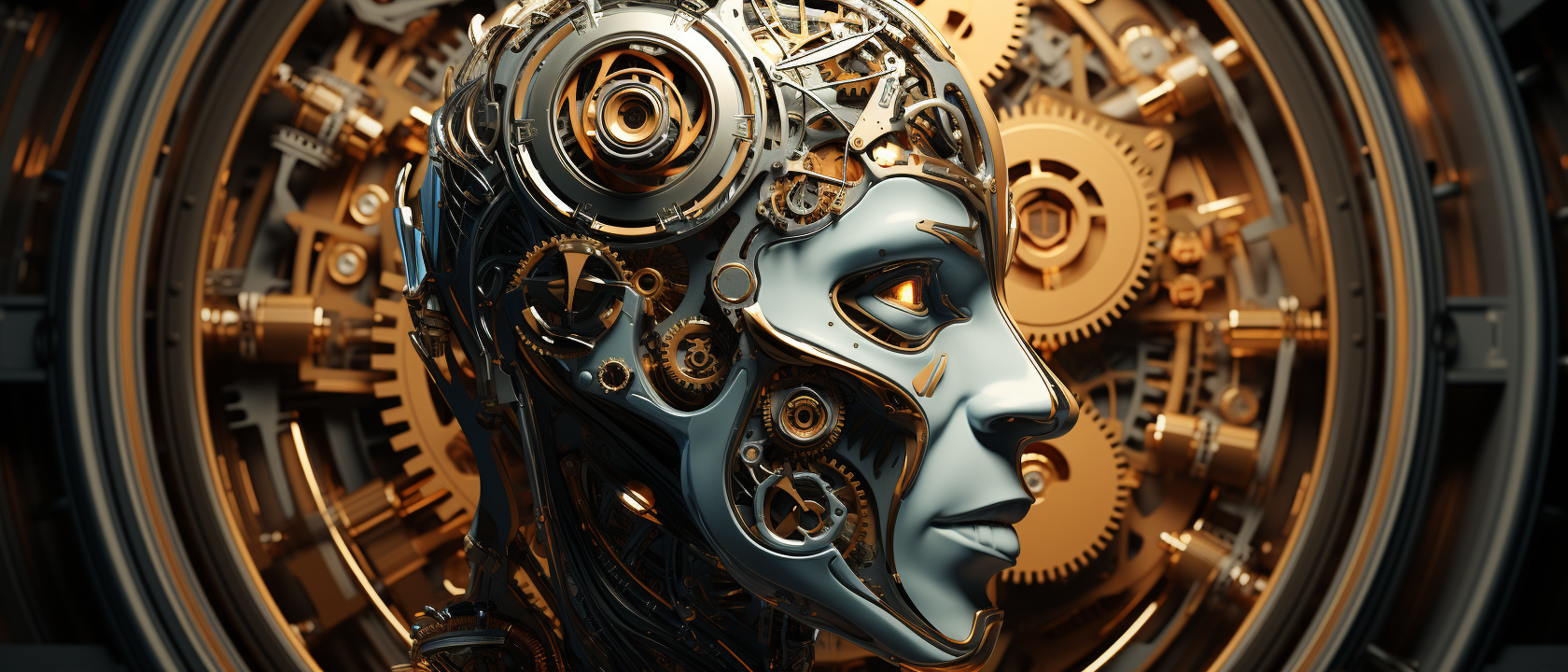

Understanding consciousness is probably one of the biggest challenges Our Species has ever faced. It’s a multi-faceted problem and I don’t understand much of it. However with my background in computer engineering, it helps me to draw parallels to the humans psyche and a computer’s operating system - the piece of software that governs everything the computer does at any given time.
A fundamental part of a basic operating system is the scheduler. It essentially is a schedule of tasks the computer must perform at any given time. This task also constantly changes thousands of times a second depending on what the computer is doing at that moment.
Now that we know that a scheduler schedules various tasks for a computer, we can ask the question, what does the scheduler do when the computer has nothing to do? This is the question that helped me inch towards having a greater appreciation for the human consciousness. When the computer has absolutely nothing to do - which is rare because a computer could be doing thousands of tasks even when it is not being used - the scheduler in the operating system schedules what is known as a “null” task. The work null in computer terminology refers to something that has no value or meaning. So essentially the null task is a way for the mechanical automaton like digital computer to keep “doing something” as it waits for other things to do.
Now jumping back into the idea of human consciousness. There have been many experiments done where men and women volunteers were placed in sensory deprivation chambers. These are prison cell like rooms that have been created to remove all types of sensory stimulation for its inhabitants. No windows, no light, no sound and not even clocks are allowed in. No contact with other humans are allowed. The goal of these studies were to understand what happens to the human brain when it has no stimulation to process. The effects of sensory deprivation are fascinating. People react differently to these situations. Some were found to spend most of the time sleeping while others sang or talked to themselves. But many reported that they lost their sense of time and that they started hallucinating. Other cases of long term solitary confinement - another form of sensory deprivation - in case of prisoners have resulted in permanent brain damage.
From these results a few observations can be made. It seems like our brains are designed to be constantly stimulated. It’s like the scheduler in a computer’s operating system. The gears in our mind have to keep spinning no matter what happens and when this process is disrupted, the metaphorical gears in our brains break causing permanent brain damage.
Why did the participants of the studies hallucinate when they where in sensory deprivation? It seems like the brain’s way of adapting to the sudden lack of stimulation was to run its own version of a “null” task where it used previous sensory information - memories and experiences - and tried to “replay” them just so that the gears of the mind or the scheduler of the brain could keep running.
In a way this makes one think about dreams. Are incoherent dreams the brain’s null task at work while we sleep as there is no meaningful sensory input? In these ways our mind or consciousness seem a lot like a computer’s rudimentary mind - the scheduler.
Just like a scheduler juggles through thousands of tasks every second, our mind also juggles through many things at any given moment. We even feel it when we are trying to concentrate on something. It is well known that when students try to study for exams, they can feel all kinds of thoughts running through their minds which prevents them from being able to focus.
So consciousness, this phenomenon that we refer to when describing our thoughts at any given moment is a series of computed results based on any given set of sensory data that is available to the brain at that moment. These computed results can be an image of the food you are about to eat or sensory information of a headache affecting you. The consciousness cycles through these sets of information hundreds or perhaps thousands of times a second and this fast spinning set of information is what gives rise to the consciousness.